The idea for this video started after I stumbled across Carol Cleland's relatively new book The Quest for a Universal Theory of Life. It was an amazing read, and would definitely recommend it as the starting point of any further reading on this topic.
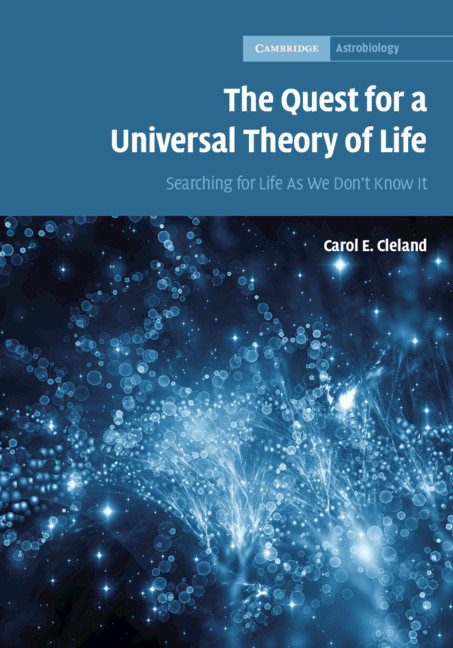
She has been working on these ideas for quite a bit longer, like in this paper and this one from 2002:
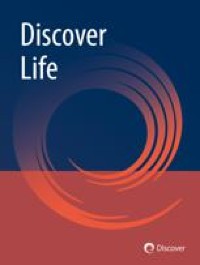
Initially, I was just going to make the video based off of those pieces of Cleland's work, but in retrospect, that would have been quite silly. Never read just one side of the debate. So I delved into some of the responses to her ideas.
I quickly found out that not all philosophers agree with Cleland and that defining life is not considered by everyone to be a mistake.
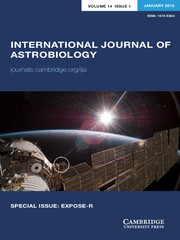
Kelly Smith argues in the paper above that:
(1) Life here on Earth is not a single data point, rather a data set.
(2) Alchemy led to the development of chemistry so maybe 'defining water' wasn't so fruitless after all.
(3) We have no idea what the future of biology will look like, so to get as many different new ways of thinking as possible, we should come up with more definitions.
I don't agree with everything Smith says but it is certainly an interesting take. Carlos Mariscal takes a different approach which I hinted at towards the end of the video, and actually took it a little further. Mariscal denies that 'life' is some nebulous concept that exists out there. Instead, he argues for "Life and life only." No literally that's the name of his paper.
He claims that there are only two concepts to worry about. Life (capital L) is the set of all the living things that we see here on Earth. That is, Life is everything that descended from our last universal common ancestor or LUCA. On the other hand, life (lowercase l) refers to similarities between any other entities in the universe and Life.
So in that sense, tumbleweeds or clouds are apart of 'life' (lowercase) since they can reproduce by splitting into two bits. Planets are apart of 'life' in that they are self-organised into nice little clumps of matter. Crystals are apart of 'life' because they fit Schrödinger's thermodynamic view of life of taking in order and ejecting disorder. And so on, and so on.
What we choose to be apart of 'life' is a matter of preference depending on what similarity we choose to focus our attention on. Clouds resemble Life in terms of reproduction, Planets resemble Life in terms of self-organisation and Crystals in terms of absorption of negative entropy.
From here, it is easy to see why Mariscal calls 'life-detection experiments,' like Viking, philosophical errors. What exactly do you mean by life? What property of Life are you comparing with the possible 'life' you find? For Viking, clearly they were looking at the carbon metabolism properties of Life. Elsewhere in astrobiology, scientists look for exoplanets in 'habitable zones' where liquid water can exist. So in this case, they are comparing possible life with the aqueous nature of Life.
But no matter what, we're not going to find Life (capital L) out there - something that resembles Earth 'Life' perfectly. We can only find things that resemble Life and that's all we can do.
I sympathise with Mariscal a lot, but it leaves the possibility of a universal theory of L/life (upper or lowercase) on very shaky ground. Simply comparing life to Life doesn't seem like a good foundation for developing universal biology. Cleland would ask what the basic ontology is there, that is, what principles are we basing the theory on top of? I do think that to develop universal biology we will need some fundamental ontological principles to work with (see below). Funny this kind of philosophy to be honest, everyone is speculating about the future and no-one has any clue what's going to happen.
[Note for non-philosophers, ontology refers to the study of existence, so an ontology is a framework for things that exist.]
Mariscal has actually written about conducting Universal Biology, taking a seemingly different approach. One I can agree more with. It's a story for another day, but here's the paper:

Finally, I gave my take in the video saying the following. First, life is a process, not a substance. I've talked about my love for process philosophy in the past so here is the previous video plus a couple papers supporting a shift to a process-ontology in biology:
Falandays, J. B. (2021). Shedding Our Substantial Baggage: Towards a Process-Ontological Turn in Cognitive Science. https://doi.org/10.31234/osf.io/zyq9
Jaeger, J., & Monk, N. (2015). Everything flows: A process perspective on life. EMBO reports, 16(9), 1064-1067

Second, life has to interact with its environment. Again, I've talked about this in the past. Watch the video above and here are a few papers:
Lewontin, R. C. (1983). The organism as the subject and object of evolution. Scientia, 77(18). http://sesultan.web.wesleyan.edu/pdfs/lewontin_organism_as_subject.pdf
Godfrey-Smith, P. (1999). Adaptationism and the power of selection. Biology and Philosophy, 14(2), 181-194 http://mechanism.ucsd.edu/~bill/teaching/philbiology/readings/godfrey-smith.adaptationandpowerofselection.1999.pdf
Krakauer, D., Bertschinger, N., Olbrich, E., Flack, J. C., & Ay, N. (2020). The information theory of individuality. Theory in Biosciences, 139(2), 209-223.

Baedke, J., Fábregas-Tejeda, A., & Prieto, G. I. (2021). Unknotting reciprocal causation between organism and environment. Biology & Philosophy, 36(5), 1-29.
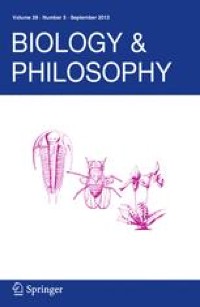
And third, life might not exist at all as a distinct category. That's going back to Mariscal's view but slightly altered. In philosopher's talk, I don't think that life is a natural kind. Feel free to email me if you have any questions!
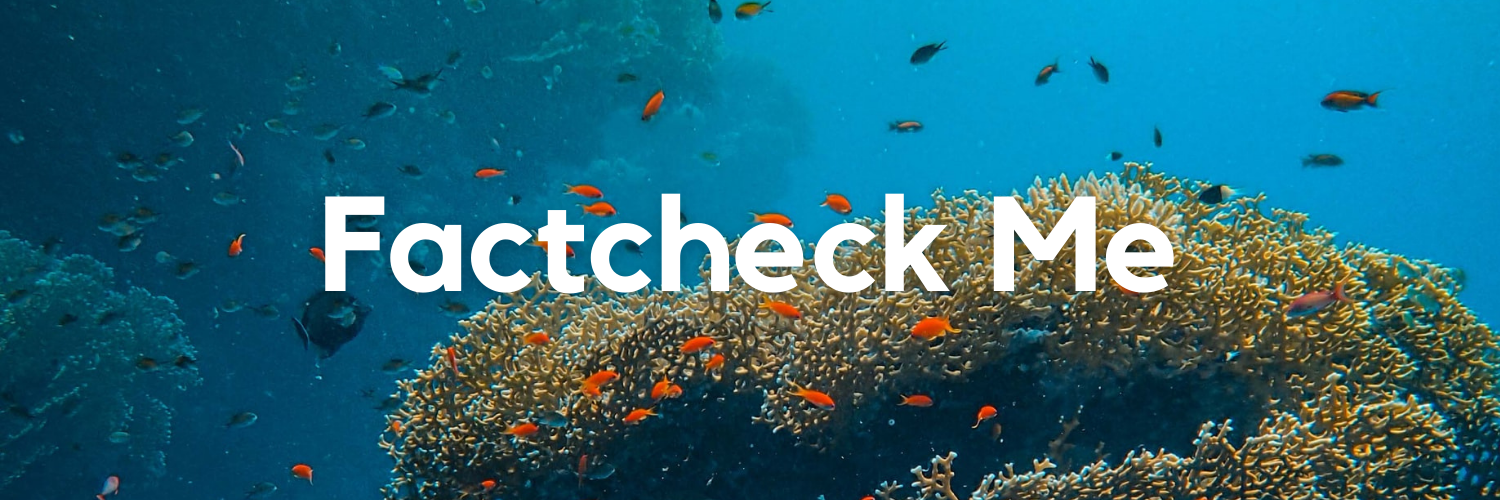
The Viking Missions
Schuerger, A. C., & Clark, B. C. (2008). Viking biology experiments: lessons learned and the role of ecology in future Mars life-detection experiments. In Strategies of Life Detection (pp. 233-243). Springer, Boston, MA. https://www.researchgate.net/publication/230719578_Viking_Biology_Experiments_Lessons_Learned_and_the_Role_of_Ecology_in_Future_Mars_Life-Detection_Experiments
Levin, G. V., & Straat, P. A. (2016). The case for extant life on Mars and its possible detection by the Viking labeled release experiment. Astrobiology, 16(10), 798-810.

Sagan on Martian animals
https://www.washingtonpost.com/news/achenblog/wp/2014/12/17/methane-on-mars-maybe/
Definitions of life

Trifonov, E. N. (2011). Vocabulary of definitions of life suggests a definition. Journal of Biomolecular Structure and Dynamics, 29(2), 259-266. https://doi.org/10.1080/073911011010524992
Definitional pessimism - Cleland
Cleland, C. E. (2012). Life without definitions. Synthese, 185(1), 125-144. https://lcd-www.colorado.edu/~axbr9098/teach/ASTR_2040/material/Cleland2012_Life_without_Definitions.pdf
Cleland, C. E. (2019). The Quest for a Universal Theory of Life: Searching for Life as we don't know it (Vol. 11). Cambridge University Press.

Viking was a philosophical error
Mariscal, C., & Doolittle, W. F. (2020). Life and life only: a radical alternative to life definitionism. Synthese, 197(7), 2975-2989. http://carlosmariscal.com/wp-content/uploads/2018/07/Mariscal-Doolittle2018_Article_LifeAndLifeOnlyARadicalAlterna.pdf
Responses to Cleland
Smith KC (2016) Life is hard: countering definitional pessimism concerning the definition of life. Int J Astrobiol 15(4):277–289.

Mariscal, C., & Fleming, L. (2018). Why we should care about universal biology. Biological Theory, 13(2), 121-130. https://carlosmariscal.com/wp-content/uploads/2016/01/Mariscal-Fleming-Why-We-Should-Care.pdf
26 concepts of species

Life is a process
Falandays, J. B. (2021). Shedding Our Substantial Baggage: Towards a Process-Ontological Turn in Cognitive Science. https://doi.org/10.31234/osf.io/zyq9
Jaeger, J., & Monk, N. (2015). Everything flows: A process perspective on life. EMBO reports, 16(9), 1064-1067

Life interacts with its environment
Lewontin, R. C. (1983). The organism as the subject and object of evolution. Scientia, 77(18). http://sesultan.web.wesleyan.edu/pdfs/lewontin_organism_as_subject.pdf
Godfrey-Smith, P. (1999). Adaptationism and the power of selection. Biology and Philosophy, 14(2), 181-194 http://mechanism.ucsd.edu/~bill/teaching/philbiology/readings/godfrey-smith.adaptationandpowerofselection.1999.pdf
Krakauer, D., Bertschinger, N., Olbrich, E., Flack, J. C., & Ay, N. (2020). The information theory of individuality. Theory in Biosciences, 139(2), 209-223.

Baedke, J., Fábregas-Tejeda, A., & Prieto, G. I. (2021). Unknotting reciprocal causation between organism and environment. Biology & Philosophy, 36(5), 1-29.

Aristotelian physics
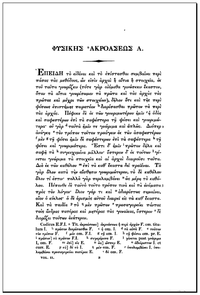
Credits
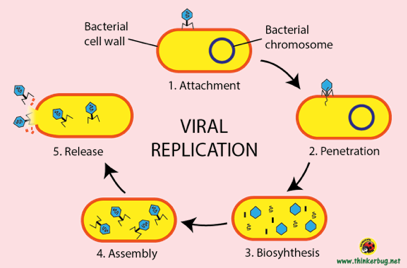
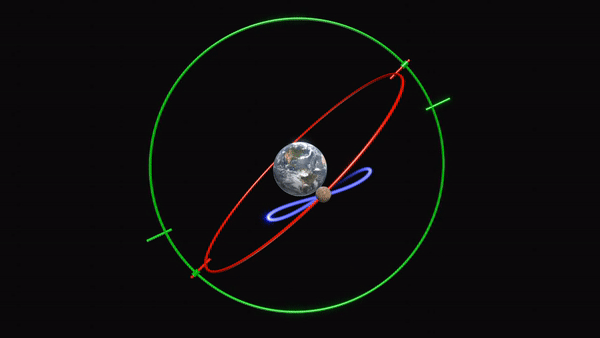
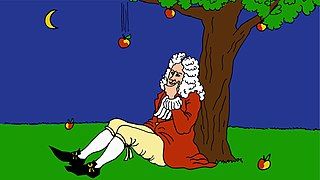
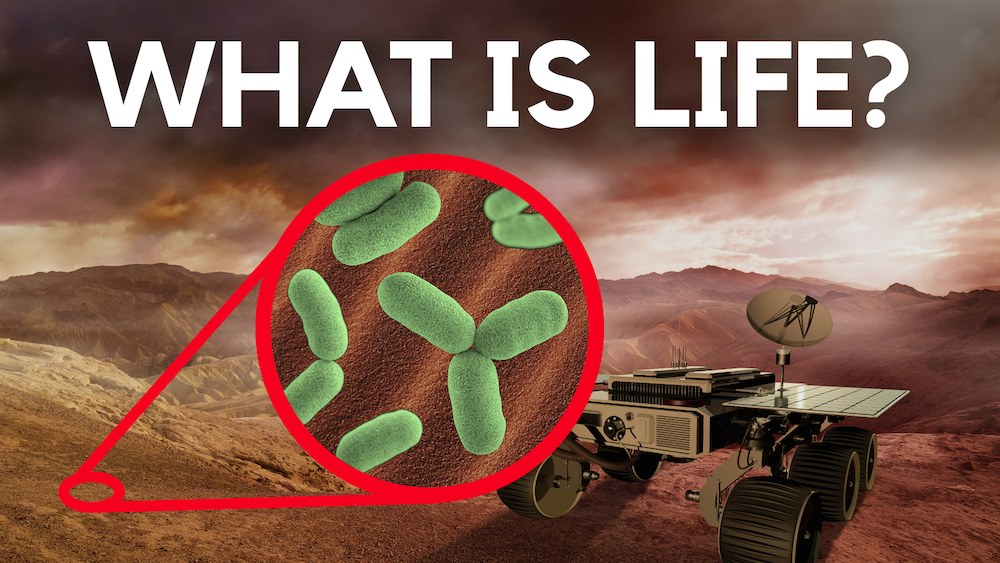





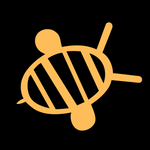
Member discussion: